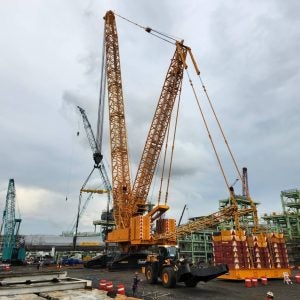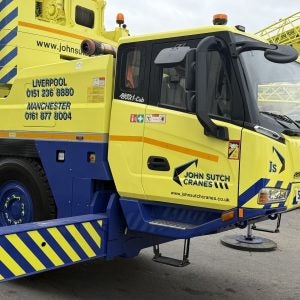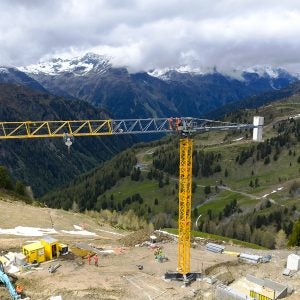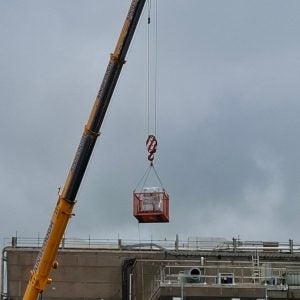An Australian safety report has criticised the training regime of crane operators in the country. Health and safety body WorkCover investigated five mobile crane incidents in the Australian Capital Territory surrounding the city of Canberra from 2003-4. It found all were due to operator error – despite operators being certified as competent.
‘ACT WorkCover’s investigations of crane incidents have raised concerns regarding the competency and training of crane operators and doggers,’ the report said.
‘Since crane technology has become more complex with a major emphasis on computer controlled safety systems, there is a need to review the national competency standards and assessment instruments for operators of load shifting equipment.’
The report continued: ‘The review should also examine the possibility of introducing reassessment of operators at regular intervals, i.e. at three or five year periods. The training methods and processes for assessing competency may also need to be re-examined.’
The report said that the health and safety organization would raise the matters with a national committee.
John Gillespie, current president of the Crane Industry Council of Australia, told Cranes Today that the organization is concerned about the number of crane accidents, the age of the crane fleet, the poor maintenance of cranes and the lack of formal training programme for crane operators. ‘Most receive their training from other operators, basically on the job training only.’
He said the group is working with the Construction, Forestry, Mining and Energy Union to develop a two-year training course for potential operators including classroom and on the job training.
He said the association has also developed and in October distributed two CD-Roms on reading load charts and an assessment of crane operator training needs. The association’s Crane Safety Manual is in the process of being updated and will be available next year. He also mentioned the association’s regional CraneSafe annual inspection programme, which has rolled out in Victoria, New South Wales and Western Australia.
The ACT Workcover report suggests that the CraneSafe programme should go national. ‘The introduction of a third party audit and inspection regime for cranes and licensing with ACT WorkCover should also be explored in the context of the development of new national certification standards and the review of ACT occupational health and safety legislation,’ it said.






